Reuters BEIRUT: Lebanon’s armed forces acquired three U.S.
helicopters worth US$26 million on Thursday to help in efforts to stop
Syria’s civil war spilling over its border, along with almost US$29
million of British aid as EU countries also step up their support.
The
Lebanese armed forces have now received a total of nine Huey II
multi-mission helicopters from the United States as part of US$1.3
billion in security assistance given since 2004, U.S. interim Ambassador
Richard H. Jones said.
“We have no plans to slow down or alter that level of support,” Jones said at Beirut’s military air base.
Country’s political stalemate and a worsening security situation have seriously impacted funding of media houses

AFP, Beirut:
Its slogan was “the voice of the voiceless”, but after four decades the
prestigious Lebanese daily Al Safir is in danger of falling silent,
illustrating the unprecedented crisis rocking the country’s media.
Lebanese
newspapers, long seen as a beacon of freedom in a tumultuous region,
are suffering because of the country’s political paralysis and a slump
in funding from rival regional powers. Al Safir’s main competitor, Al Nahar, is also struggling to survive and its employees have not been paid for months. “Our
ink has run dry,” said Talal Salman, founder and editor-in-chief of Al
Safir. “The Lebanese press, a pioneer in the Arab world, is undergoing
its worst crisis ever.”
“We’ve run out of funds and we’re desperately looking for a partner to finance the paper,” Salman said.
By Mina Al-Oraibi
|
Contributor

LONDON — Ever since the streets of Tunis and Cairo
were occupied with protesters five years ago, the Arab world has been
witnessing a turning of tides and overhaul of policies that seems sure
to dictate regional dynamics for decades. No country is more emblematic
of the pre-2011 status quo than Lebanon.
Since the endorsement of
the Taif Agreement of 1989 that ended its brutal civil war, Lebanon has
maintained a tricky power-sharing balance between political factions,
based largely on religious, sectarian divides and reaffirmed by
political dynasties. Importantly, this tricky balance was embedded in a
regional power structure. While Iran ramped up its support for the Islamist Shia Hezbollah and its allies, Saudi Arabia
became the primary backer of the Sunni political parties, primarily
that of the assassinated former Prime Minister Rafik Al Hariri, and
allies of various denominations. This balance was rooted in a Syrian
hegemony that has been eroded as its own civil war enters its sixth
year.
As Hezbollah’s armaments and leverage grew in size over the years,
Saudi Arabia saw itself invested in the Lebanese military as the
guarantor of the republic. However, this power play is today under great
strain, as Saudi-Iranian tensions spill onto the surface. In a dramatic
and unexpected move last month, Saudi Arabia announced it would halt
its support to the Lebanese military, suspending a $4 billion aid
package that included $3 billion to equip the Lebanese army with French weapons and equipment and another $1 extra billion for internal security.

Gulfnews; Joseph A. Kechichian, Senior Writer
Beirut: Two Lebanese figures announced their candidacies for the key
post of head of the United Nations Educational, Scientific and Cultural
Organisation (Unesco), although the nomination process proved — once
again — to be interminable challenges.Former Minister of Culture
Ghassan Salameh announced his bid for the leadership of the Paris-based
organisation last week, even if local media reports claimed that the
move was not coordinated with Lebanese authorities, which must vet and
endorse all such submissions. The other candidate, Vera Al
Khoury-Lacoeuilhe, apparently lobbied in Beirut and, according to her
testimony, secured support from Prime Minister Tammam Salam, Foreign
Minister Jibran Bassil, and Culture Minister Rony Araiji.
According
to media reports, Al Khoury-Lacoeuilhe visited Bkerke on March 20 to
seek the support of Maronite Patriarch Mar Besharah Al Ra‘i. Salameh,
a son of Kfardebian and a professor of international relations at
Sciences Po university (Paris), was minister of culture during
2000-2003. He served as special adviser to the UN
secretary-general and as the political adviser to the UN mission in
Iraq. Well known in academic circles for several serious tomes, Salameh
also served as the co-chairman of the board of the International Crisis
Group and is the founding chairman of the Arab Fund for Arts and
Culture.
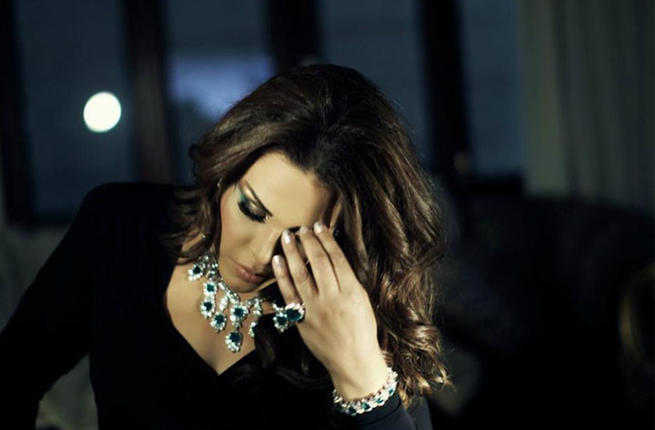
Things don’t seem to be going too well for Emirati singer Ahlam, who has once again landed herself in boiling hot water.
After Lebanese comedian Adel Karam made fun of the self-loving diva on his light-hearted talk show "Haida Haki" last week, she made it her business to not only hit back at him, but the entire Lebanese nation, as well.
While Adel joked about the self-proclaimed "Queen’s" reality show "The Queen" – which was cancelled by popular demand after just one episode – and made fun of the origin of the nickname given to her fans (Halloomeyeen), Ahlam turned the tables on him, and everyone in Lebanon!
The opinionated singer took to Twitter, where she thought it was OK to call all Lebanese people "Falal-eaters and beggars," while instructing them to "deal with their trash problem instead of talking about their "Queen Ahlam."
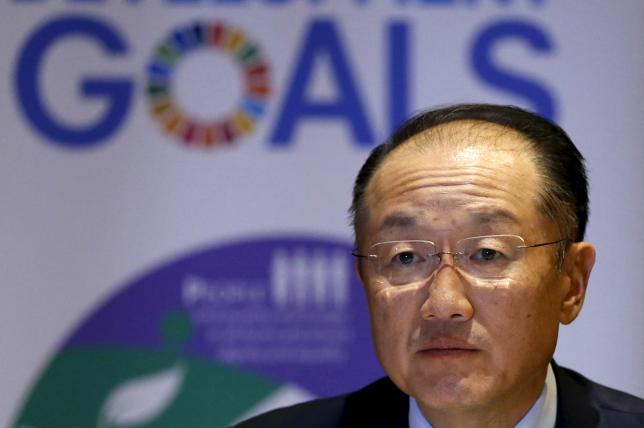
reuters
The head of the World Bank expressed frustration at Lebanon’s political paralysis on Friday during a joint visit with the U.N. Secretary-General, warning that good governance now was essential to prevent future conflict.
Hampered by sectarian tensions, Lebanon has not passed a budget since 2005 and has been without a president for almost two years, preventing vital legislation from being passed.
"A country with no clear priorities and no governance is in trouble and they need to move as quickly as possible," World Bank President Jim Yong Kim said, urging more decisive policy-making to stop the chaos in Syria, now in its sixth year, spreading into Lebanon.
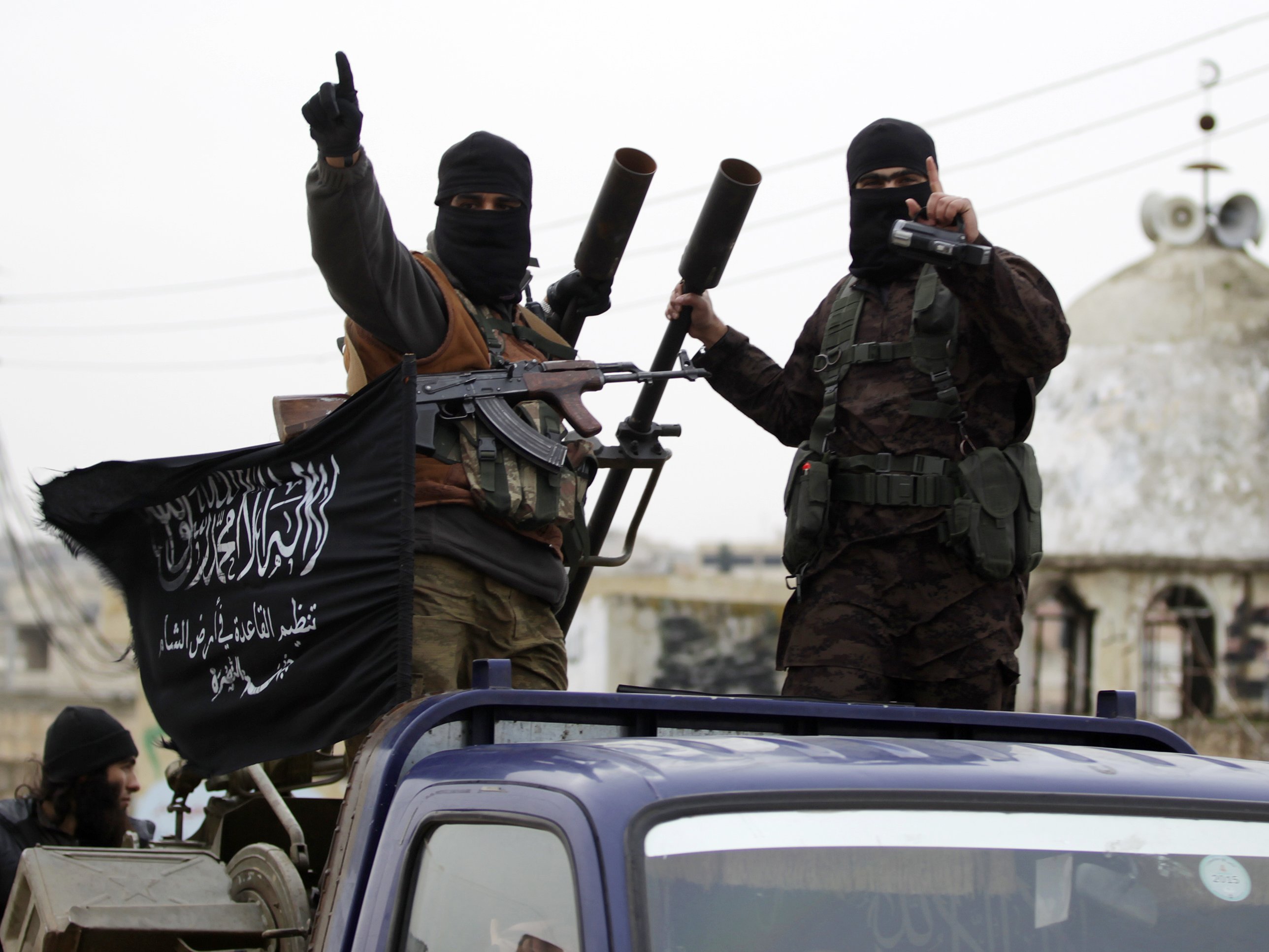
Al Qaeda is employing a strategy that might help the terrorist group outlast ISIS in Syria, and it’s revealing its true jihadist endgame in the process.
As a different terrorist group, ISIS — aka the Islamic State, ISIL, or Daesh — claims responsibility for a terrorist attack in Belgium, Syrian Al Qaeda affiliate the Nusra Front (also known as Jabhat al-Nusra) is flying under the radar, hoping to continue gaining influence in Syria.
And experts think that it could be a bigger threat to the US than ISIS in the long term.
While ISIS has taken over territory in the Middle East with force and uses violence to repress the populations it controls, the Nusra Front has been working toward winning popular support in the country, hoping that its strategy will help it outlast other jihadist groups.

Beirut might not be the first place that springs to mind when thinking about ground-breaking technology, but the fact is that Lebanese talent has actually played a pivotal role in many of this century’s most important innovations.
With a diaspora estimated at around 14 million, a staggering 90 percent of the population lives abroad, including some illustrious names such as Tony Fadell – who led the team that invented the iPod before founding Nest Labs, the developers of the world’s first smart learning thermostat, and now currently leads the Google Glass Division. And Ramzi Haidamus, President of Nokia Technologies and a key player in pushing the worldwide adoption of Dolby technology on DVD and Bluray during his time with the company.
The UK-Lebanon Tech Hub is an initiative designed to showcase this innovative spirit and help promising Lebanese companies to scale up, develop partnerships, and expand their global reach. 15 startups were carefully chosen for the six month accelerator, funded by Lebanon’s Central Bank and the UK government, which includes courses at leading UK universities and meetings with investors and tech entrepreneurs.
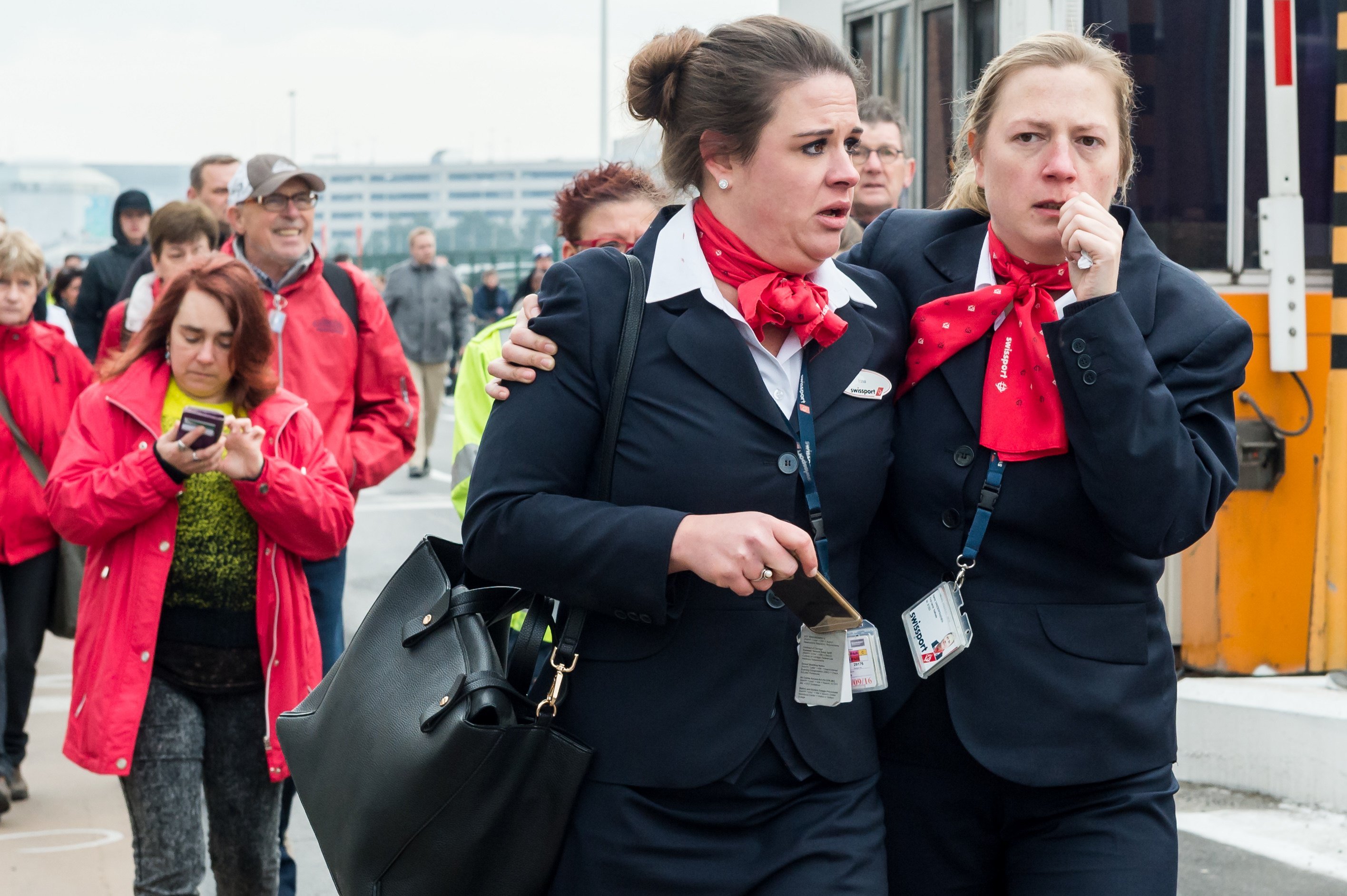
At least 34 people were reported killed and dozens more wounded after explosions ripped through Zaventem Airport and a metro station in Brussels on Tuesday morning.
The attacks came days after Saleh Abdeslam, a suspect in last year’s Paris attacks, was arrested in the Belgian capital, which is also the de facto capital of the European Union.
Clint Watts, a senior fellow at the George Washington University Center for Cyber and Homeland Security, said on Tuesday that the Brussels attacks were in line with an "iceberg" theory of terrorist plots.
That theory purports that, just as for every iceberg seen above water, the underlying mass of a terror network and its plots are not immediately visible — or, "for every attacker, there are usually three to four additional people who helped facilitate the plot."
"That the eight attackers in Paris used more explosive belts than ever before seen in the West suggests a sizeable European terrorist facilitation network," Watts wrote for War on the Rocks in November.
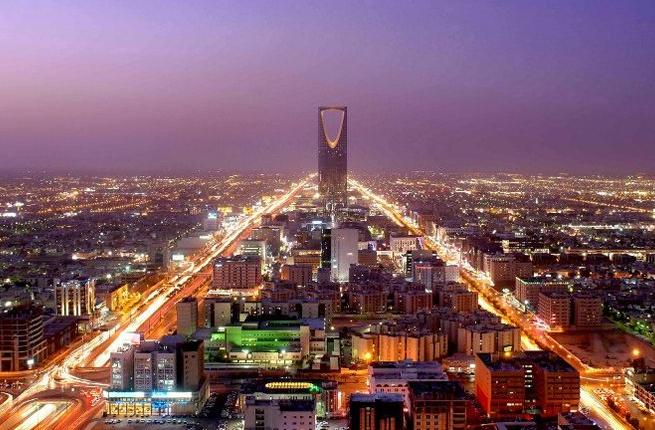
Naharnet
Saudi Ambassador Ali Awadh Asiri confirmed on Monday that the kingdom will always be the best destination for Lebanese businessmen, assuring that it will keep its doors open for them and for their investments.
“The kingdom was and will remain the best destination for Lebanese businessmen. It will keep its doors open,” Asiri told Al-Iktissad Wal-Aamal Magazine in an interview.
He called on business persons to “engage in projects in Saudi Arabia because it is profitable investment. Lebanon only means well for the kingdom. End of discussion.”



